Summary
- Keep players focused by setting clear objectives and bypassing unnecessary searching to maintain momentum.
- Use dice to resolve haggling and availability disputes quickly, preventing time-consuming debates.
- Implement time limits, and use the shopping session to introduce plot threads or other characters you might have otherwise been saving.
Shopping sessions, love them or hate them, are a staple of any long-running Dungeons & Dragons campaign. In between grander adventurers, it can be fun to give players a chance to restock on key potions and materials, while also seeking out more powerful weapons and spells. But, shopping sessions can also be a bit cumbersome or time-consuming in the wrong hands.
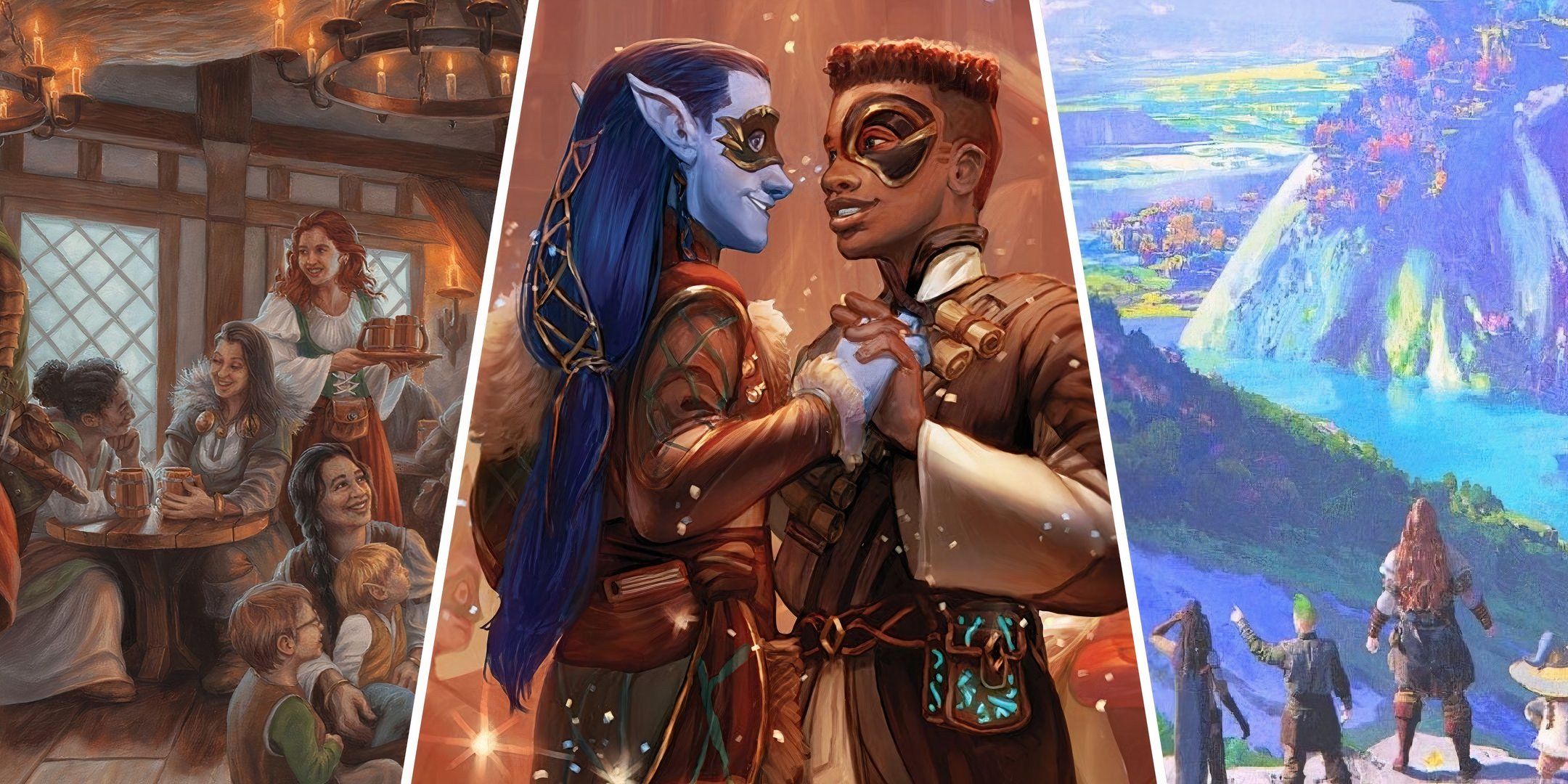
Related
Dungeons & Dragons: 8 Tips For Running A Slice-Of-Life Campaign
Not all D&D campaigns need to be high stakes.
That’s why it’s important to make sure you’re finding a way to keep things fun when running a shopping session. Utility is important, but you don’t want to necessarily let people shop until they drop. To keep the game fun, here are some tips and tricks for running shopping sessions.
10
Don’t Let Players Wander
Sound Off
During a shopping session, it can be easy for players to get easily distracted or sidetracked. That’s why it’s important to do two things. First, make sure players are clear about what they want to shop for. Second, get straight to the point.
For example, if a player says they’re looking for something simple, like a set of healing potions, don’t waste time having them look for a potion shop. If they’re in a populated metropolis that would definitely have items like that, you can skip ahead to the transaction to keep the game moving.
9
Let The Dice Decide
That’s What They’re There For
One thing players love to do during shopping sessions is haggle. Of course, it’s only natural that characters would want to get the best deal for something, but don’t waste time arguing above the table about whether a price is fair or not.
Instead, let dice decide moments like this. If a player is haggling, set a DC and roll a persuasion check, and then move on. The same goes for whether or not a store has an item in stock. Set an above table DC and roll for it, moving on regardless of the result.
8
Set A Time Limit
Tick-Tock
One of the worst things that can happen during a shopping session is having one or two players take up more time than is necessary. A great way to manage this is to set a time limit either in-game or above the table. You can say to your players you’ll set a one or two-hour timer for all the shopping to get done and then wrap things up from there.
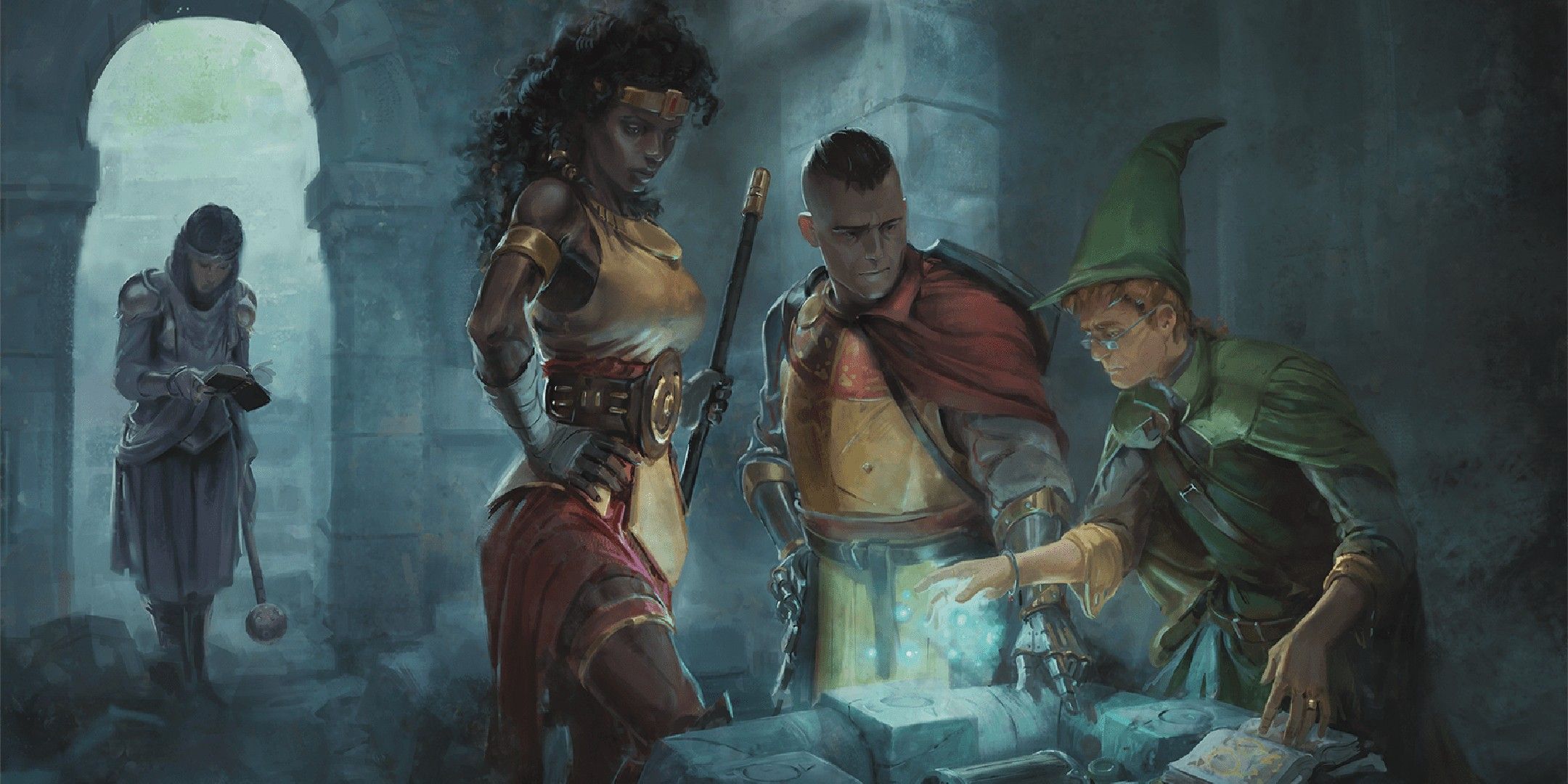
Related
Dungeons & Dragons: 8 Tips For Using Physical Props
Want to bring the fantasy world into reality? Here are some tools and props to help you achieve it.
Or, you can say to players that, on a single shopping day, your characters have enough time to accomplish three tasks. This means that each player is only doing three small errands rather than dozens, sucking up the air from the rest of the table.
7
Foreshadow What’s To Come
Don’t Get Too Comfortable
Just because it’s a shopping session doesn’t mean you can’t progress the story in some way. If your players are coming off of a bigger arc, use a transitional shopping session to foreshadow events that are to come down the road. You can even use games like this to establish important NPCs that will factor into the next story arc.
For example, say you’re planning for your party to contend with a malicious mage in the next leg of their journey. Have that mage appear in a magic shop during the shopping session, threatening the shopkeep with ruin should they not heed their demands. This will wonderfully foreshadow what’s to come later down the road without interrupting the game completely.
6
Create Memorable Shops And Shopkeeps
Become A Regular
Shopping sessions are a great low-stakes way to introduce new NPCs. If players have also shopped in certain towns or cities before, you can use a shopping session to show how things have changed since the party was last there.
For example, one shop might’ve closed down, giving way to another. Or, perhaps a favorite merchant of the party has gone on leave, charging their spouse or other NPC to run the store in the meantime. This helps to keep the world feeling alive and fresh during a shopping game.
5
Have Reasonable Restrictions
Can You Check In The Back?
Remember to tailor the shopping session to the locale your players are in. For example, if the party is in an enormous metropolis, there’s bound to be plenty of magic items around every nook and cranny. But, if they’re shopping in a small hamlet, resources may be more scarce.
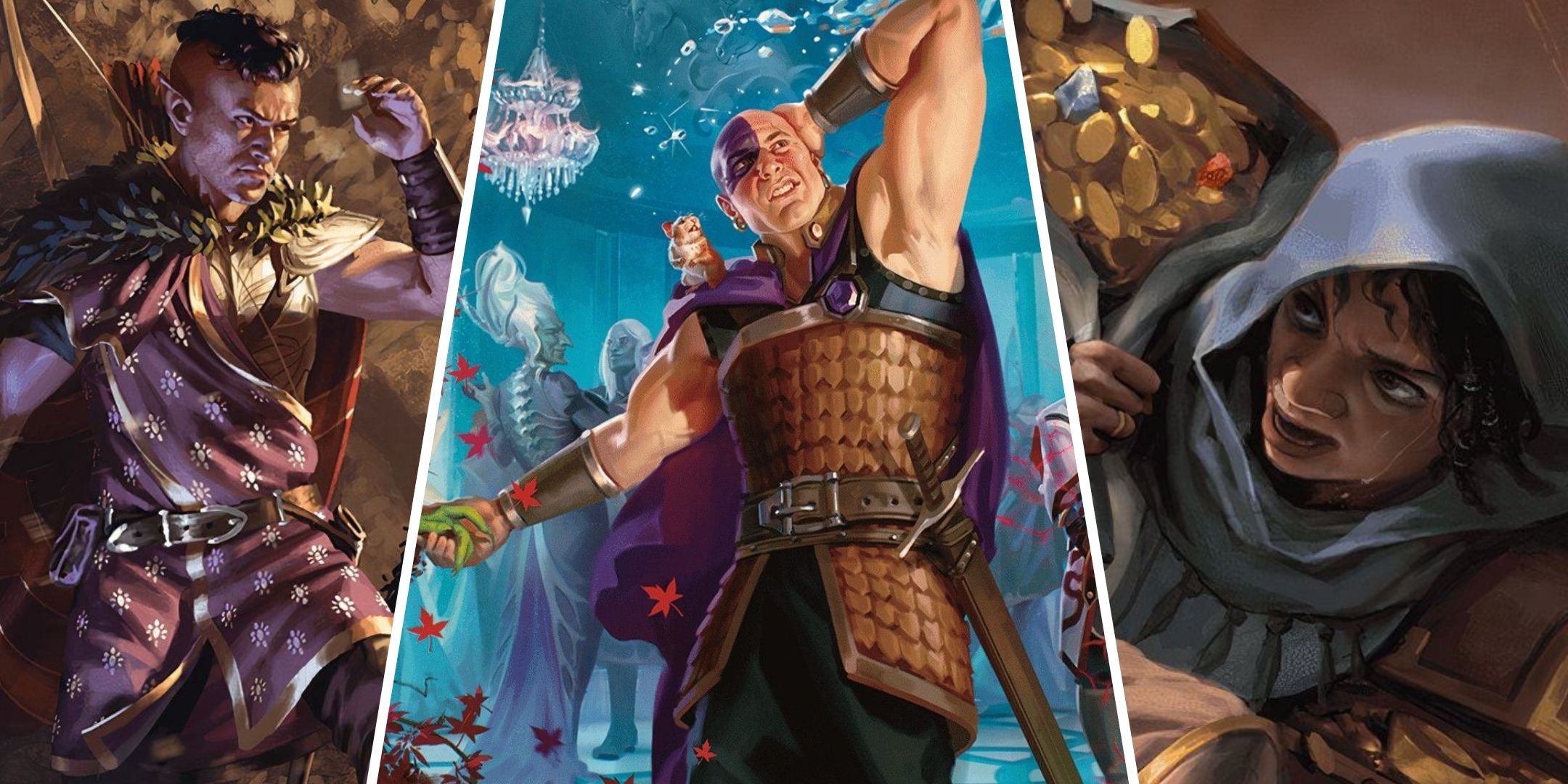
Related
Dungeons & Dragons: 8 Tips To Prepare A Pre-Written Adventure
Make the most of a professionally made adventure.
Make sure you relay to players the types of items they can reasonably expect to find in the locale they’re in. That way, nobody wastes their time looking for a Wish Spell Scroll in a tiny farming village.
4
Leave Room For Random Encounters
Best Laid Plans
Even though the party’s grander aims may be on hold, that doesn’t mean there can’t still be random encounters! Obviously, it’s probably best to hold off on dropping a giant three-headed dragon in the middle of your shopping session, but there’s plenty of room for smaller random encounters.
For example, why not have a member of the party bear witness to a thief trying to shoplift from a beloved shopkeep? This gives players agency in what’s going on around them. And, perhaps they might even earn an extra reward for stopping the thief in their tracks.
DIY!
While shopping itself is fun, you can also use shopping sessions to encourage players to explore crafting mechanics. Bastion turns and other downtime activities can also occur during these sessions. This will help the pace of the game feel more dynamic.
If players are new to crafting, introduce them to a smith or other crafting expert NPC to show them the ropes. This can even take the form of a guild or other storefront in the locale they’re visiting, adding extra flavor to the world around them.
2
Organize Players Into Groups
Use The Buddy System
This next tip is especially important for larger parties. Don’t go one by one. This can be exhaustive and time-consuming. Rather, try to encourage players to work together. Barring that, organize players into groups for shopping.
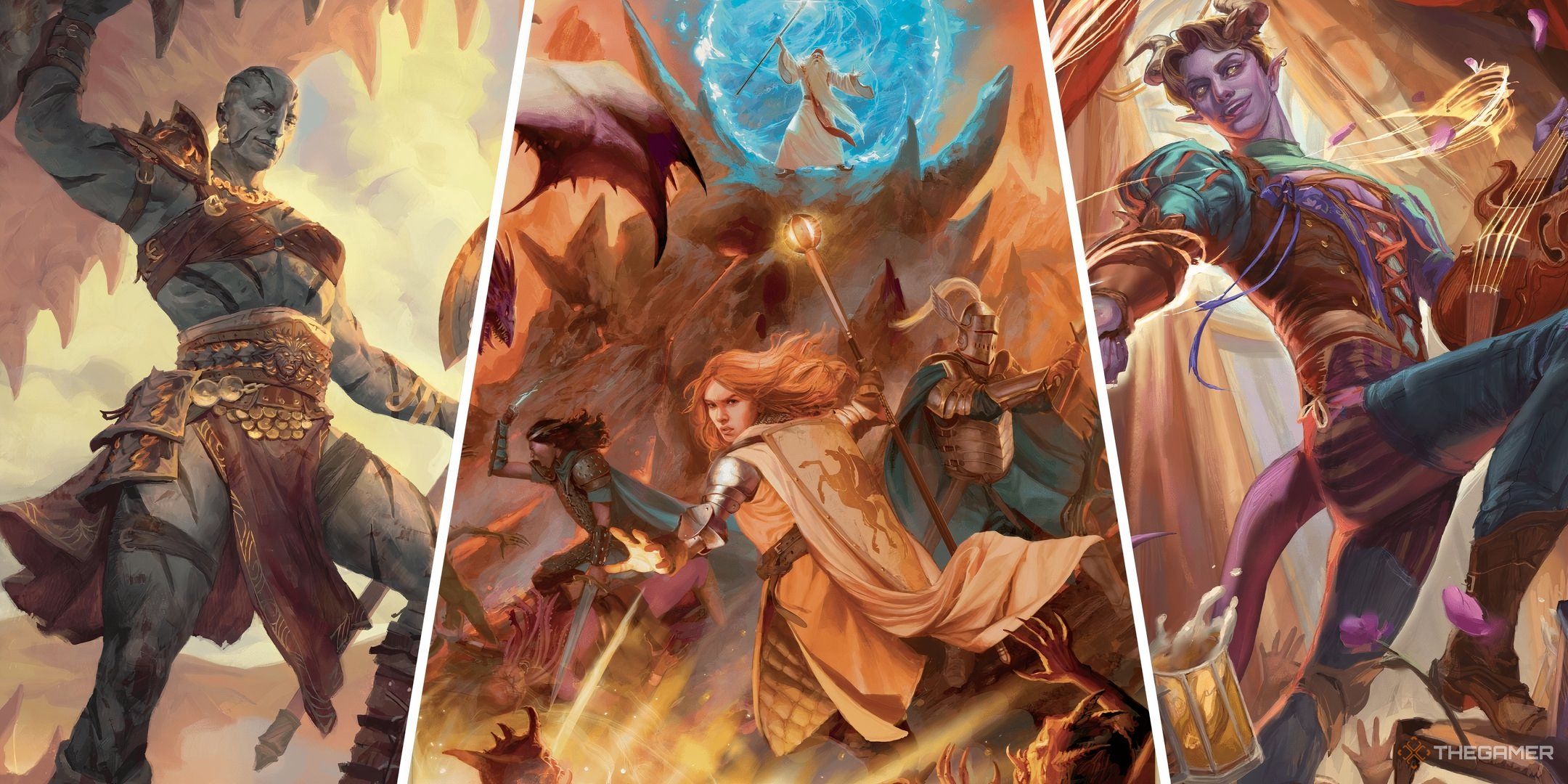
Related
Dungeons & Dragons: 10 Tips For Better Character Creation
Don’t fall back on the mundane; make better characters for your next campaign.
For example, if a few different players are looking for magic items, direct them to a one-stop magic shop that carries what they all need rather than have them each look for an individual shop. Sometimes solo shopping is unavoidable, but try to reward players who work together with better loot and perhaps lower prices.
1
Let Players Prepare To Shop Ahead Of Time
Make A List, Check It Twice
Before a shopping session occurs, take some time to send out a message to your party digitally or in person, informing them that the next game you play will involve a shopping session. Whether shopping takes up the whole game or not is up to them, depending on how much they prepare.
If you give players a heads-up and encourage them to write out lists of what they’re looking for ahead of time, the session is bound to run a lot smoother and be less boring. Plus, if they send you their lists ahead of time, you can craft more interesting shopping locales and NPCs, making the session more fun for everyone, including you.
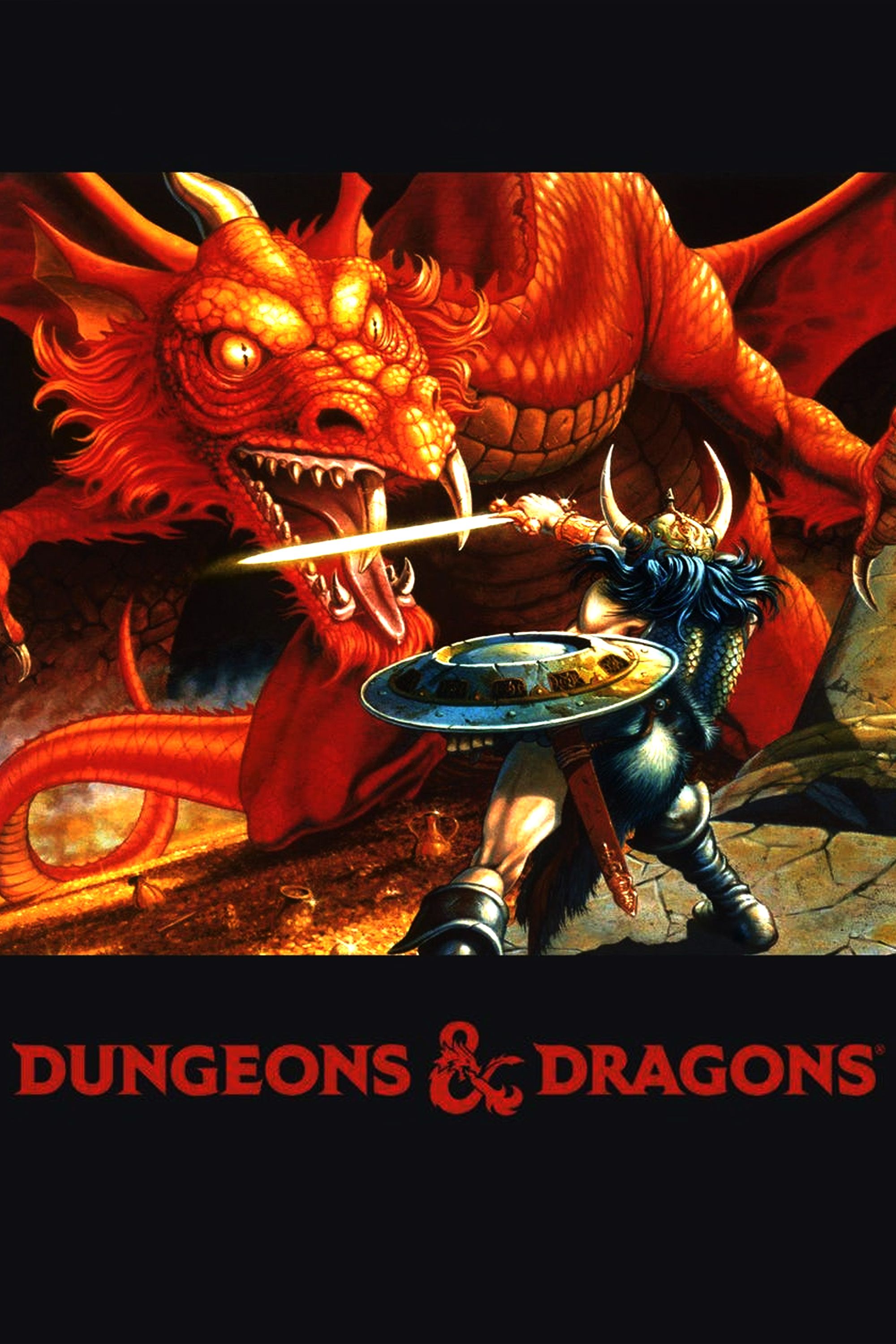
Dungeons and Dragons
- Original Release Date
-
1974
- Designer
-
E. Gary Gygax, Dave Arneson
- Player Count
-
2+
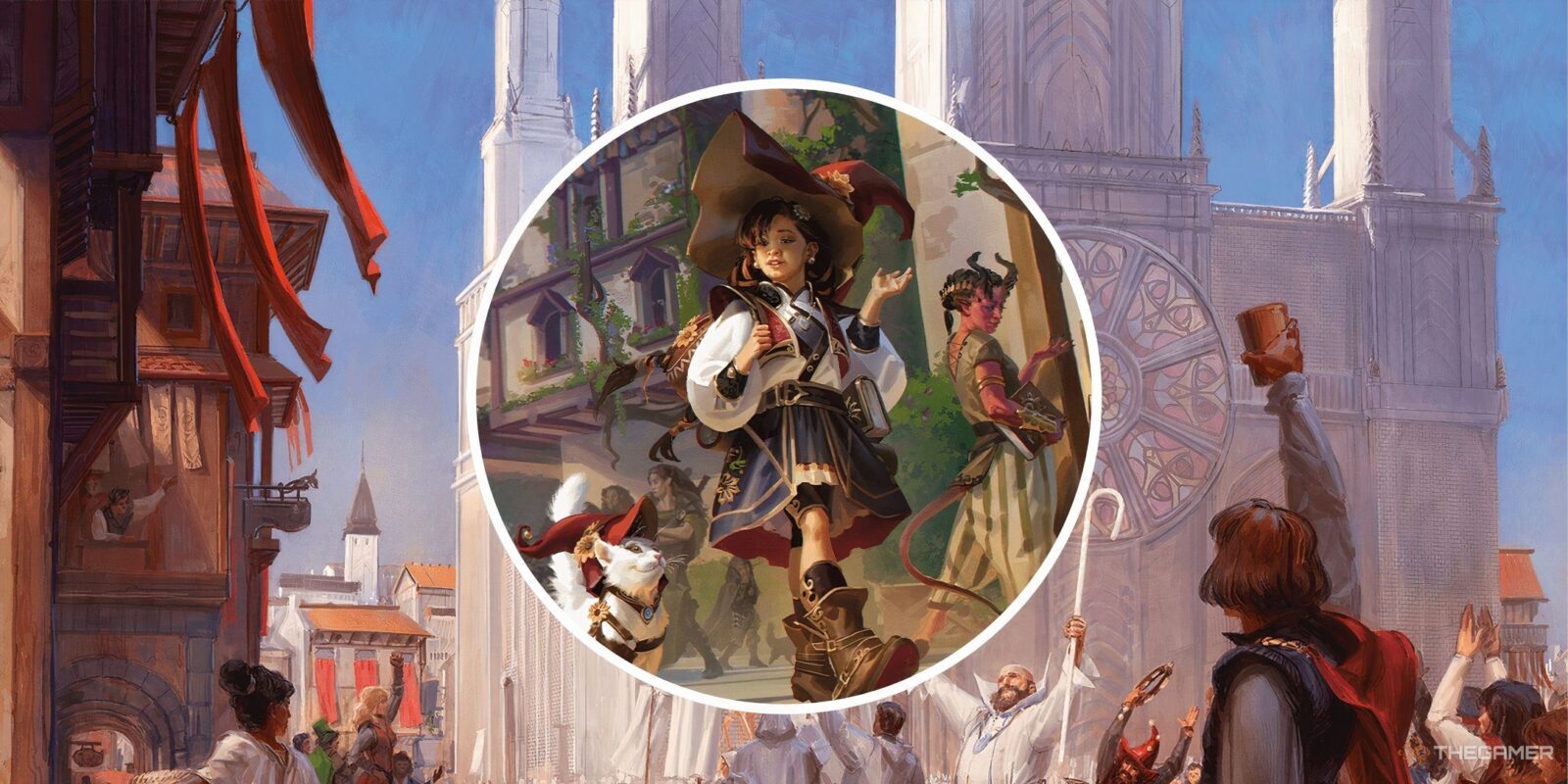
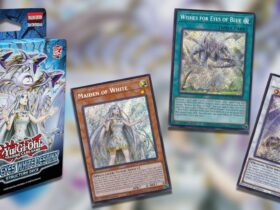
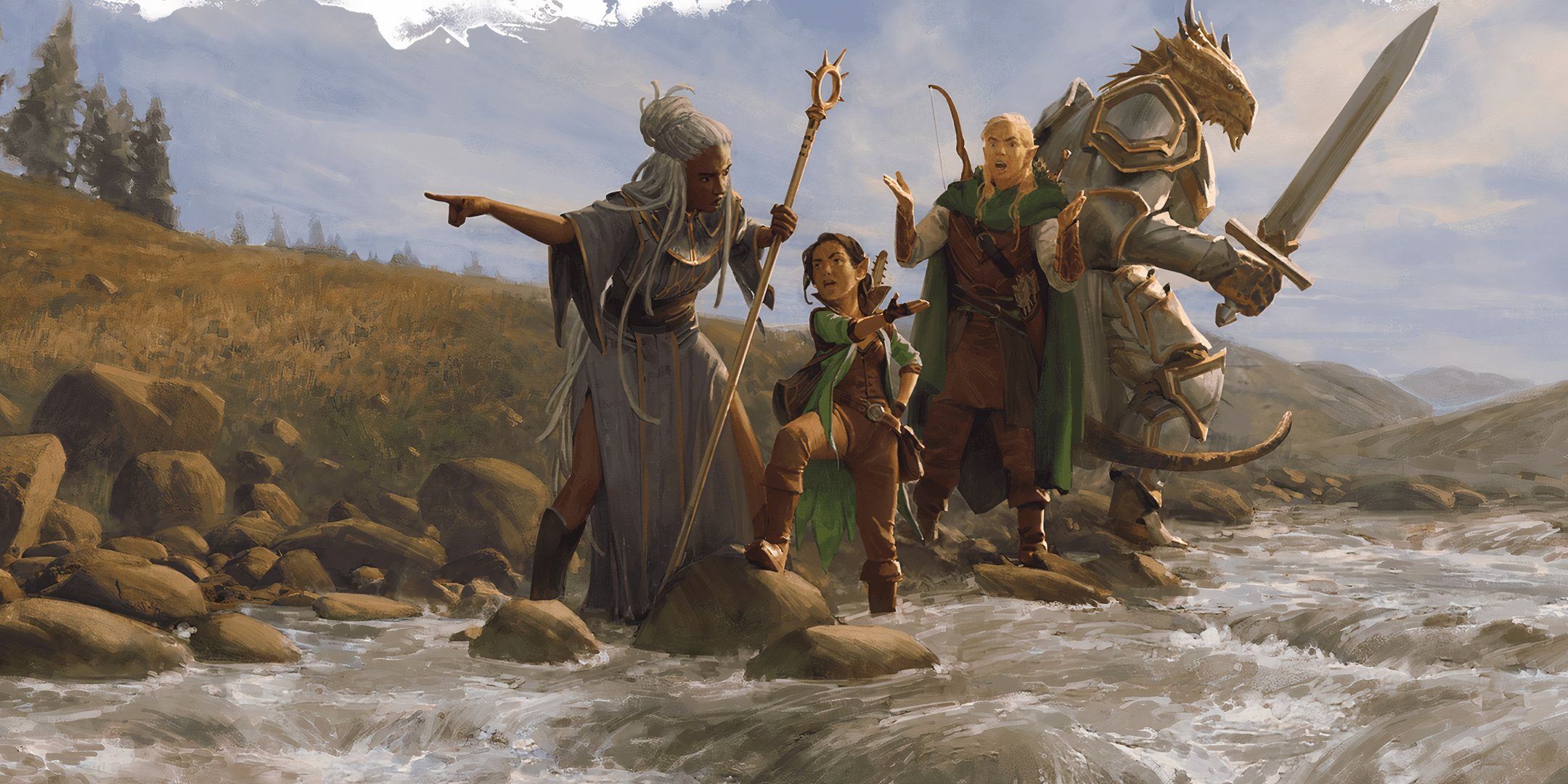
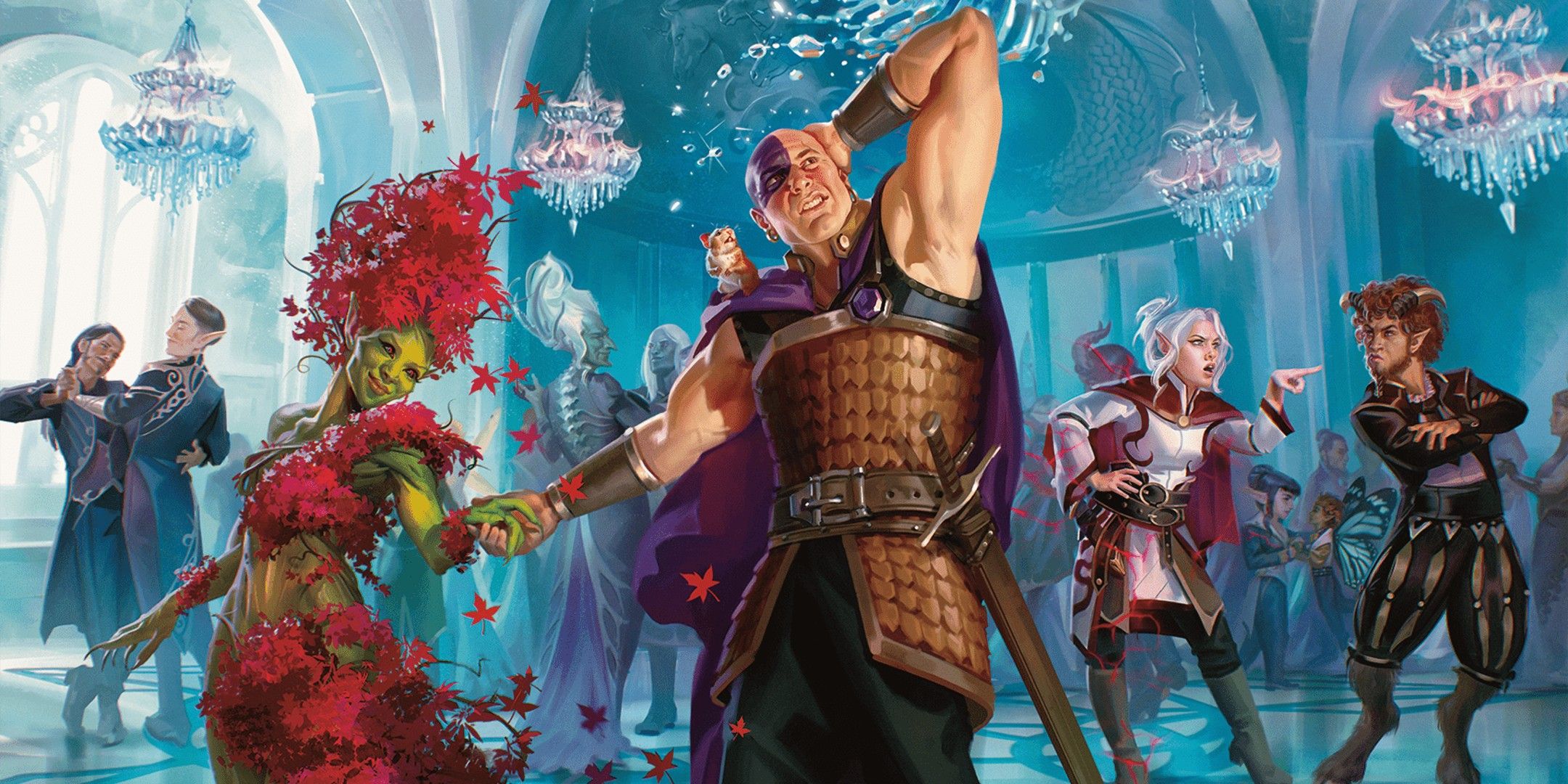
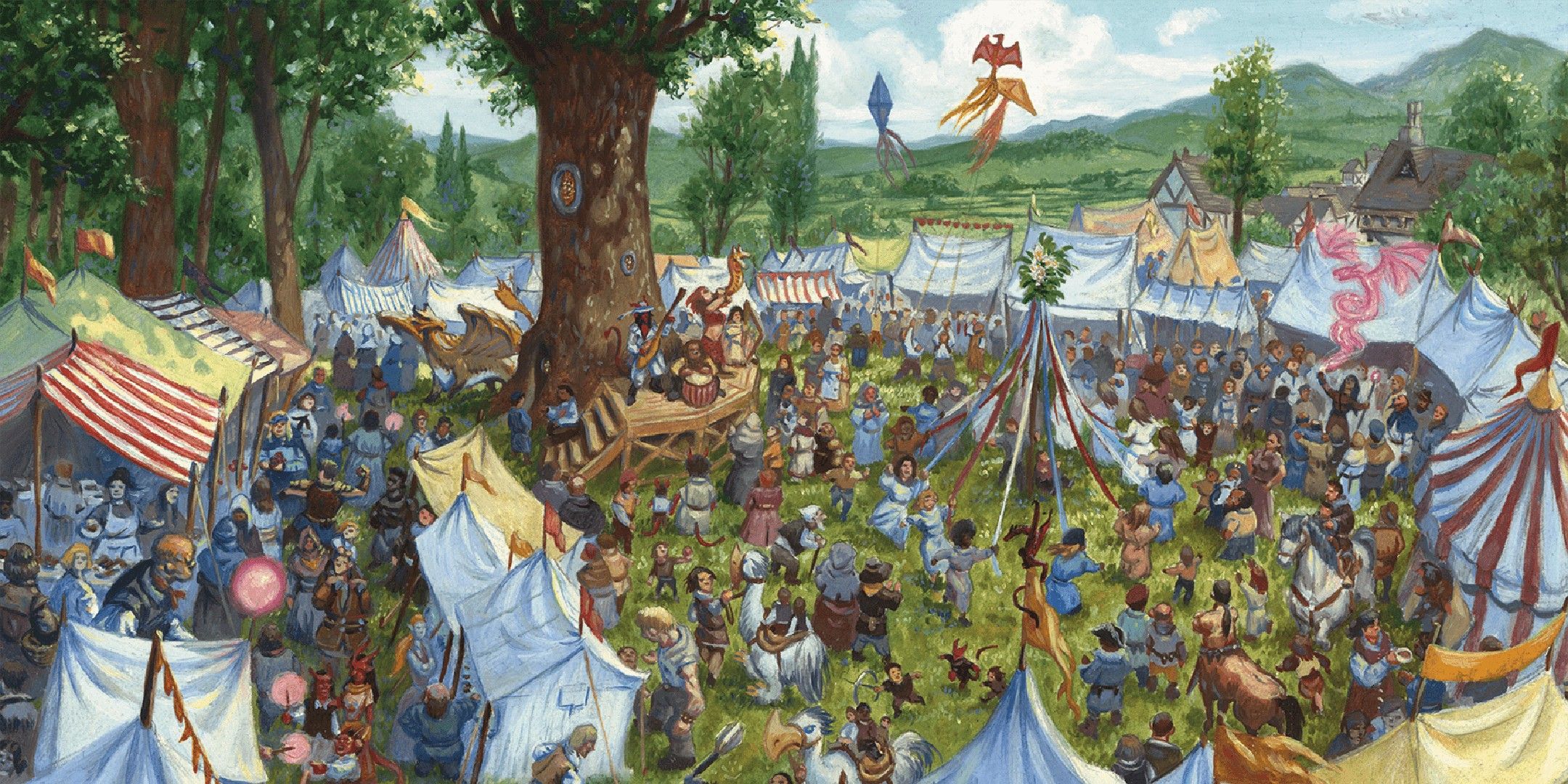



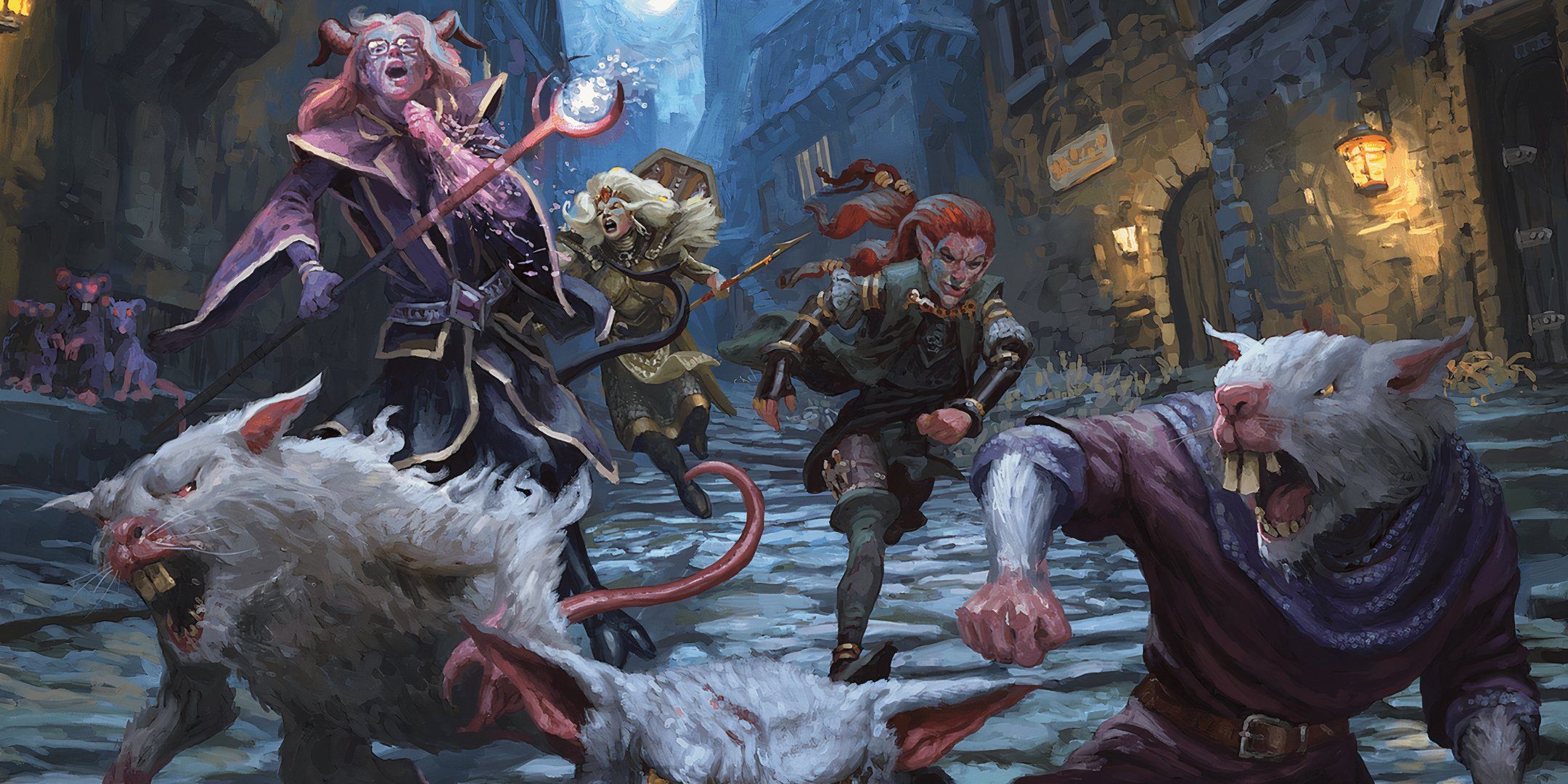
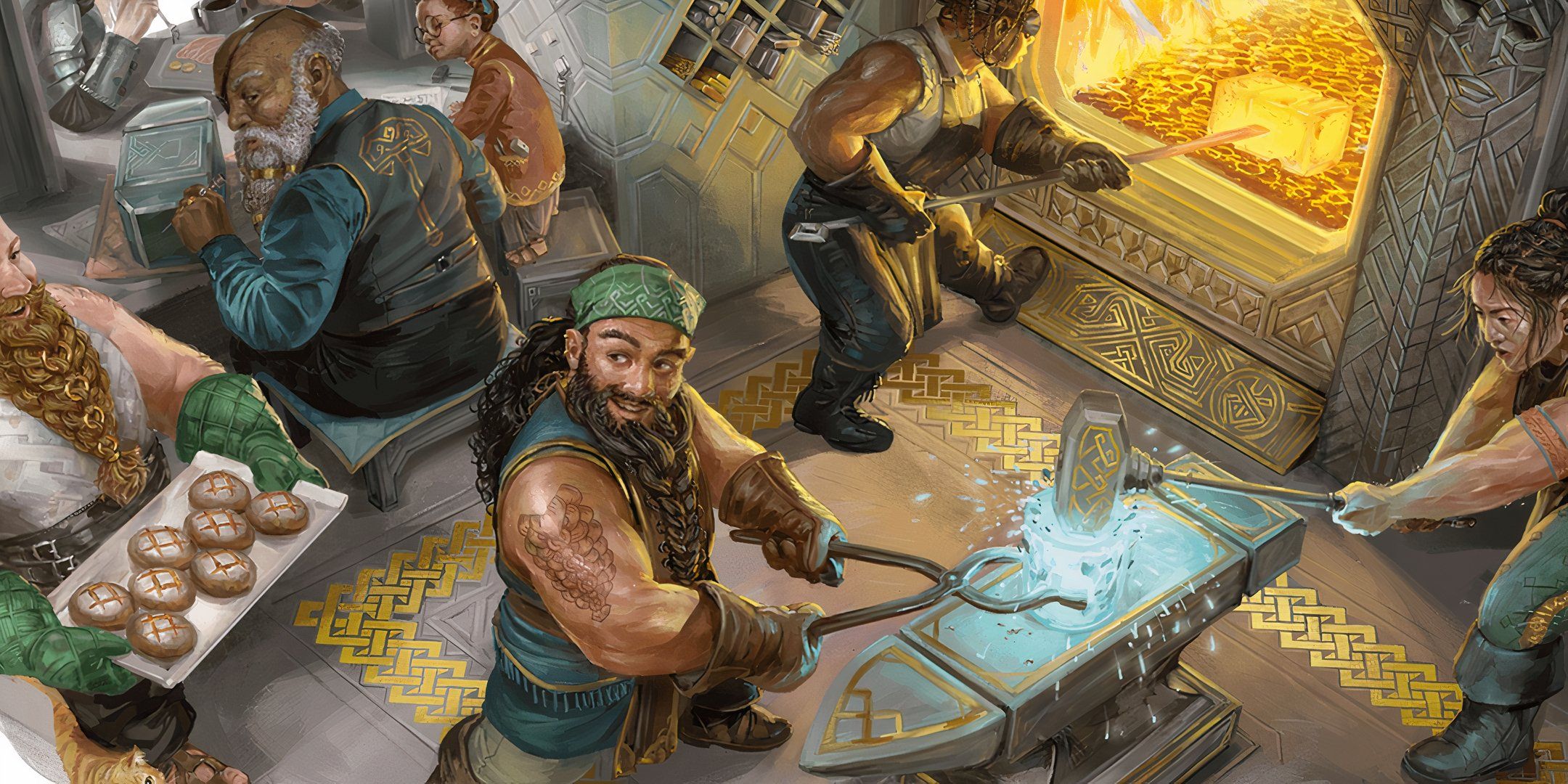
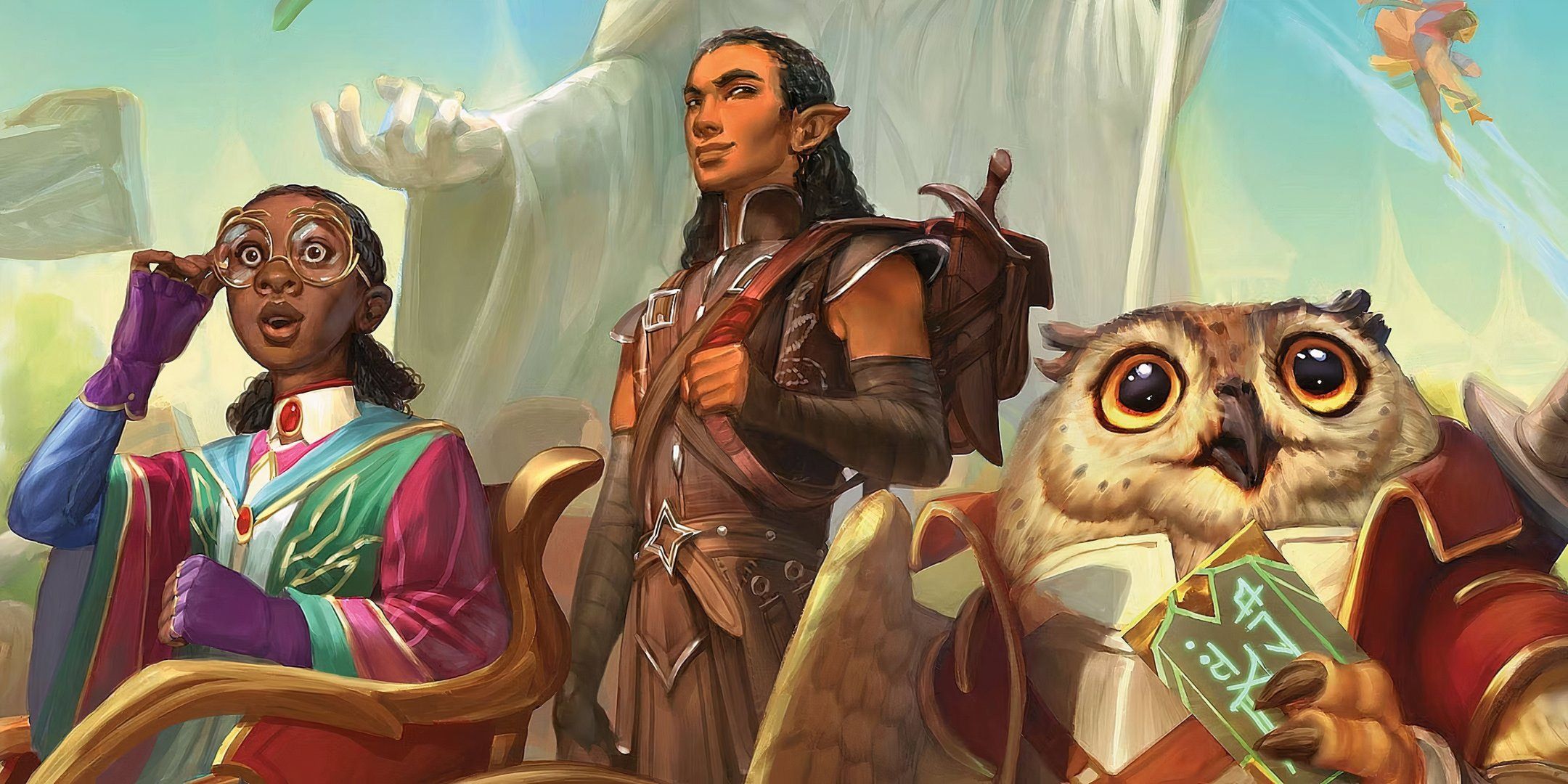
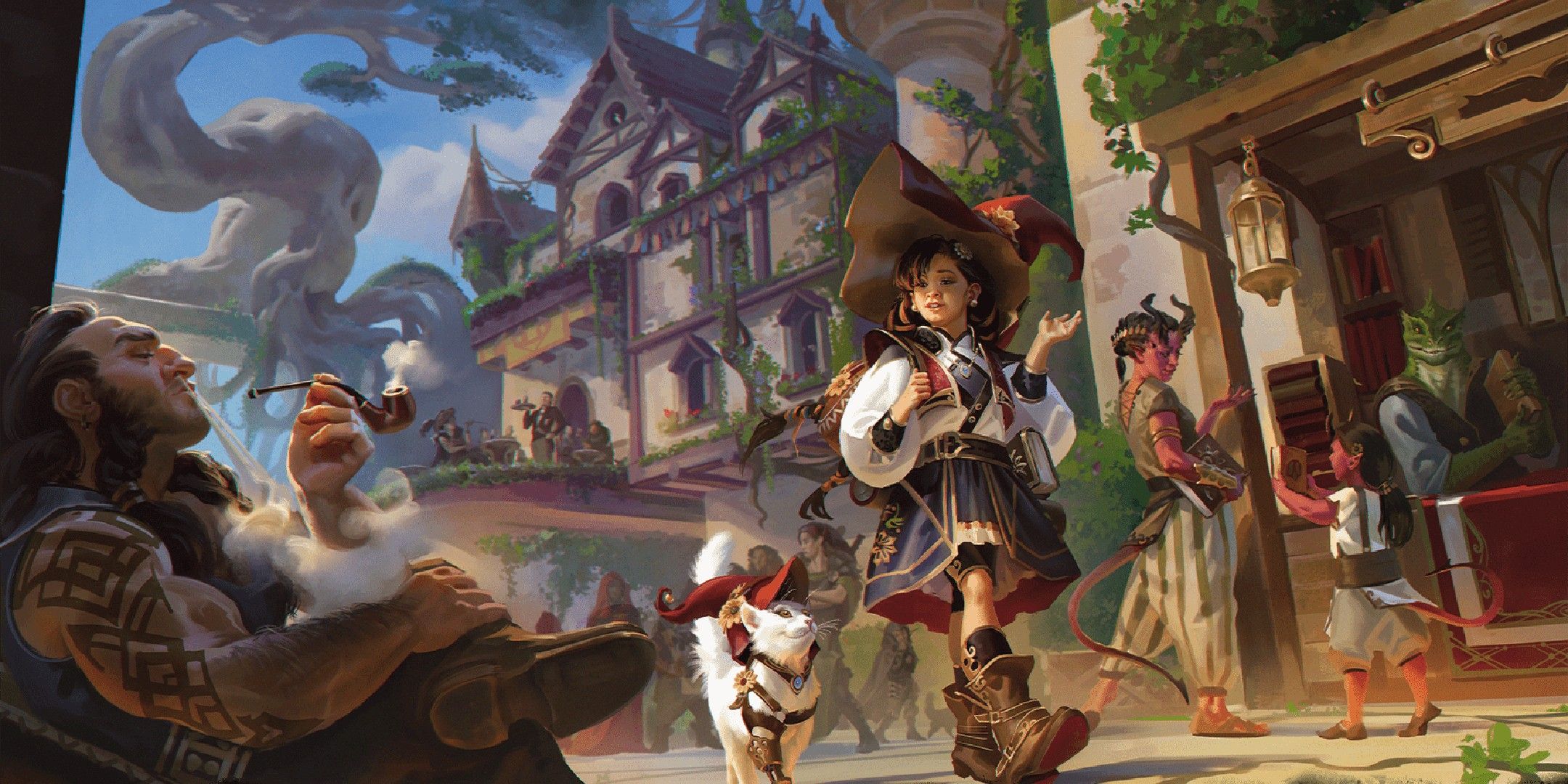


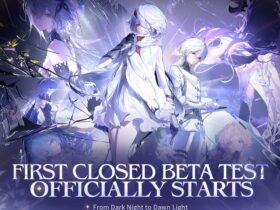


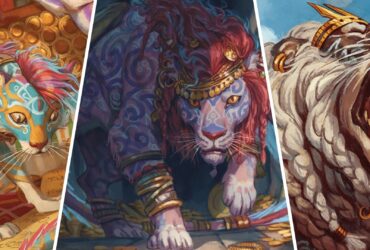
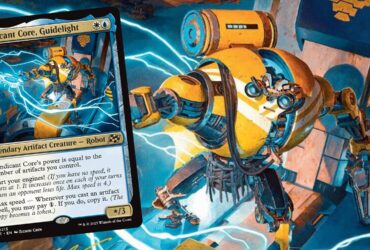

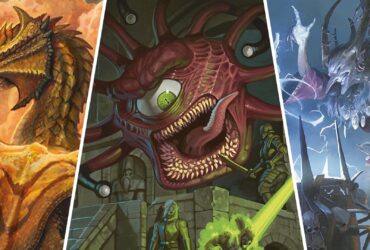
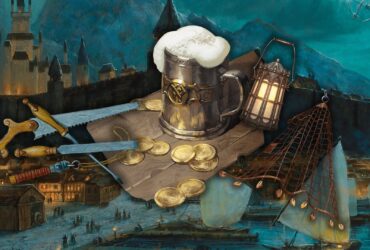
Leave a Reply